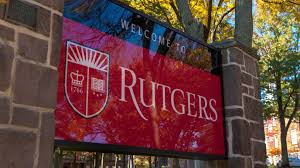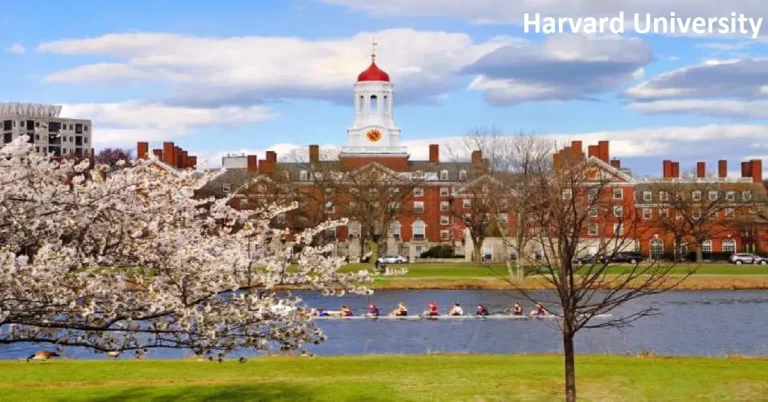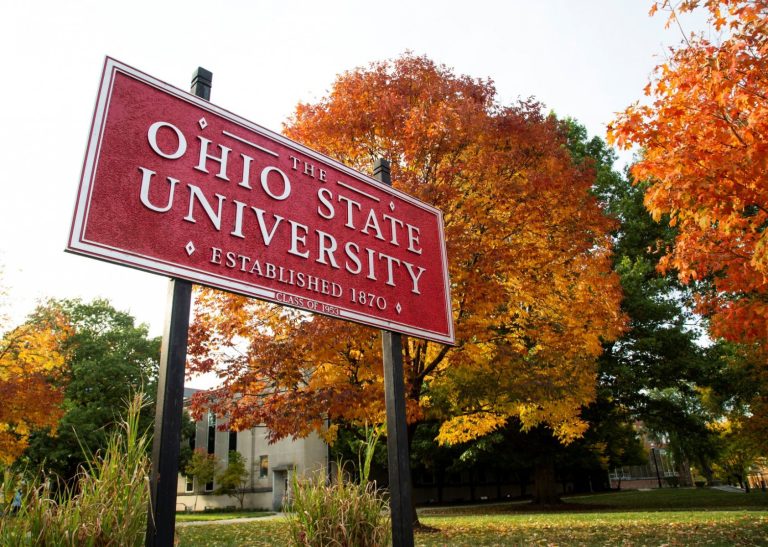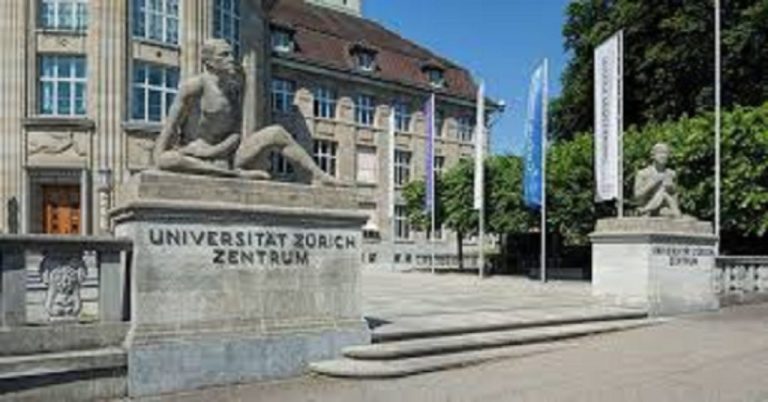We are offering a 48-month PhD position (full time, 1.0 FTE) within the project ‘Democratic Literacy and Humor’ (DELIAH), funded by a four-year Horizon Europe grant (HORIZON-CL2-2024-DEMOCRACY-01-08). In particular, the successful applicant will work on a sub-project focusing on humor, free speech jurisprudence and online content moderation, under the supervision of Dr Alberto Godioli. Building on ongoing collaborations with free speech organizations, legal professionals and other key actors in the field, this sub-project will tackle the following questions: How do judges and social media platforms deal with the grey area between disparaging humor and incitement to hatred, discrimination, or violence? How can they strike a fair balance between protecting freedom of expression on the one hand, while effectively countering discrimination and violence on the other?
The appointed candidate will already have some expertise in either of the following areas:
1. Humanities-based humor research, with particular regard to literary, cultural and/or linguistic approaches to humor.
2. Interdisciplinary legal research, with a particular focus on freedom of expression.
The PhD project will be embedded in the framework of the Forum for Humor and Law (www.forhum.org), an international platform established in 2022 by Dr Alberto Godioli and Prof. Laura Little (Temple Law School). It will be carried out in dialogue with other sub-projects within DELIAH, as well as with the ongoing ‘Humor in Court’ project (NWO Vidi grant, 2022-2027, Principal Investigator Dr Alberto Godioli). For an example of the type of research pursued in the latter project, please see the following report: Godioli, A. and Young, J. (2023) Humor and Free Speech: A Comparative Analysis of Global Case Law. Columbia Global Freedom of Expression, Special Collection. https://doi.org/10.5281/zenodo.8105760
This PhD project offers a unique opportunity to work in an international research environment as well as to acquire valuable teaching experience: the PhD candidate is expected to conduct a total of 0.4 fte teaching spread over the second, third and fourth year of their appointment.
The PhD Project
You will be asked to
- Carry out the sub-project described above, in dialogue with the supervisor.
- Contribute to the successful advancement of the DELIAH project as a whole, and to the spirit of interdisciplinary exchange characterizing the project.
- Present research results at workshops and conferences, and publishing academic articles.
- Curate a database of humor-related court cases and content moderation decisions.
- Engage in public outreach and knowledge utilization activities related to the project, including co-authoring a policy-oriented toolkit.
- Participate in regular meetings with the other project team members.
- Conduct a total of 0.4 FTE teaching spread over the second, third and fourth year of their appointment.
- Complete the PhD in the specified timeframe (4 years).
Organisation
Since its foundation in 1614, the University of Groningen has established an international reputation as a dynamic and innovative university offering high-quality teaching and research. Its 34,000 students are encouraged to develop their own individual talents through challenging study- and career paths. The University of Groningen is an international centre of knowledge: It belongs to the best research universities in Europe and is allied with prestigious partner universities and networks worldwide.
The Faculty of Arts is a large, dynamic faculty in the heart of the city of Groningen. It has more than 5000 students and 700 staff members, who are working at the frontiers of knowledge every day. The Faculty offers a wide range of degree programmes: 15 Bachelor’s programmes and over 35 Master’s specialisations. Our research, which is internationally widely acclaimed, covers Archaeology, Cultural Studies, History, International Relations, Language and Literary Studies, Linguistics and Media and Journalism Studies.
Qualifications
- (Research) MA degree in Law or, alternatively, Literary Studies, Cultural Analysis, Linguistics (or related disciplines). Candidates who expect to obtain their degree before the start date are also eligible, and may be offered a position conditional upon successful completion of the Master degree.
- A demonstrable interest and expertise in humor research and/or interdisciplinary legal studies.
- Excellent research skills (as shown, for instance, by the candidate’s MA thesis).
- Excellent academic writing skills in English.
- A strong interest in collaborative research and interdisciplinary dialogue.
- Enthusiasm for communicating academic research to non-academic audiences.
Organisation
Conditions of employment
In accordance with the Collective Labour Agreement for Dutch Universities, the University of Groningen offers you
- A salary of € 2,872 gross per month in the first year, up to a maximum of € 3,670 gross per month in the final year, based on a full-time position.
- A holiday allowance of 8% gross annual income.
- An 8.3% end-of-the-year allowance.
- A temporary 1.0 FTE appointment for a specified period of four years. The candidate will first be appointed for twelve months. After six months, an assessment will take place of the candidate’s results and the progress of the PhD project, in order to decide whether employment will be continued.
- The PhD candidate is expected to conduct a total of 0.4 FTE teaching spread over the second, third and fourth year of their appointment.
- Excellent work-life balance.
- Willingness to move and reside in the Netherlands.
The appointment is expected to commence on 1 March 2025. However, we allow 3 months from selection in case of VISA applications.
Application
Applications should be made in English and contain the following materials
1. A letter of motivation (max. 800 words), explaining why you are a suitable candidate for this PhD position.
2. A curriculum vitae demonstrating your academic excellence, including a list of publications and presentations (if applicable).
3. A short reflection (800-1000 words) on the intersection of humor and free speech adjudication. This could also consist in a brief analysis of a selected legal case (e.g. one of those discussed in the Global Freedom of Expression report mentioned above).
4. A copy of your MA thesis, certified copies of your BA and MA degrees (in case of an on-going MA degree, please include a letter from your thesis supervisor, certifying that the degree will be obtained before 1 January 2025).
5. Contact information of two academic referees who are familiar with your work, and whom we may contact directly if we need more information.
You may apply for this position until 20 November 11:59pm / before 21 November 2024 Dutch local time (CET) by means of the application form (click on “Apply” below on the advertisement on the university website).
Interviews with selected candidates will be held in December 2024.
The University of Groningen strives to be a university in which students and staff are respected and feel at home, regardless of differences in background, experiences, perspectives, and identities. We believe that working on our core values of inclusion and equality are a joint responsibility and we are constructively working on creating a socially safe environment. Diversity among students and staff members enriches academic debate and contributes to the quality of our teaching and research. We therefore invite applicants from underrepresented groups in particular to apply. For more information, see also our diversity policy webpage: https://www.rug.nl/(…)rsity-and-inclusion/
Our selection procedure follows the guidelines of the Recruitment code (NVP): https://www.nvp-hrnetwerk.nl/sollicitatiecode/ and European Commission’s European Code of Conduct for recruitment of researchers: https://euraxess.ec.europa.eu/jobs/charter/code
We provide career services for partners of new faculty members moving to Groningen.
Unsolicited marketing is not appreciated.
Information
For information you can contact:
- Dr Alberto Godioli, European Culture and Literature, a.godioli@rug.nl
Please do not use the e-mail address(es) above for applications.



